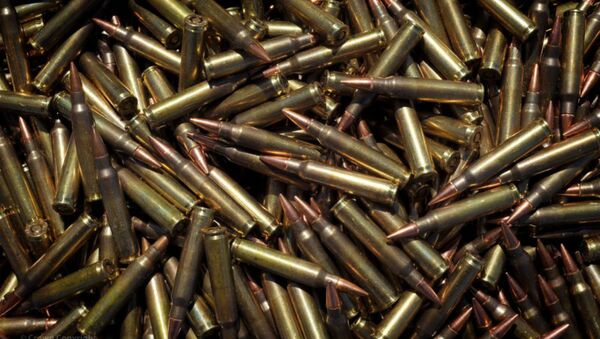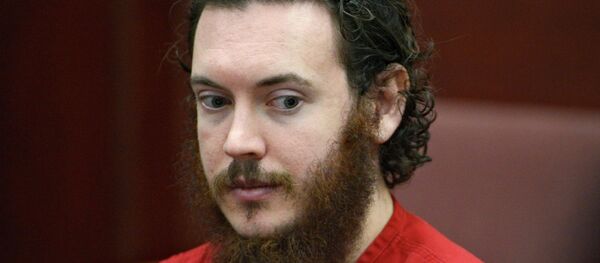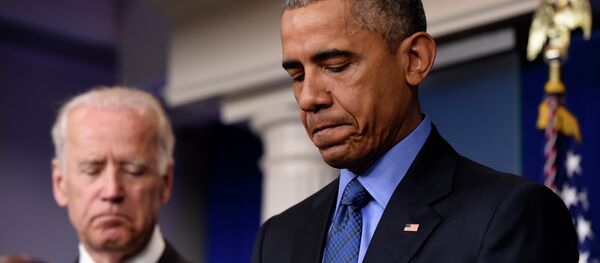The family of 24-year-old Jessica Ghawi, who was among 12 people shot and killed by James Holmes in an Aurora movie theater, says they were attempting to force change in the system when they filed lawsuits against four ammo dealers that had supplied Holmes with bullets.
While perhaps a case of misplaced anger, the move has left the family crying foul: the lawsuit never made it to court, and the family says the judgement will bankrupt them.
“They have taken our daughter, and now they want to take our worldly goods,” Lonnie Phillips told MSNBC. “I think that’s a little much.”
Legal experts, however, have stated that the amount isn’t actually that high.
“You’d be shocked by how quickly fees can go up very, very high [with] the amount of time that’s spent preparing these lawsuits and working on their defense,” Robyn Thomas, executive director of the San Francisco-based Law Center to Prevent Gun Violence, told the network.
The case was dismissed due to PLCAA, or the Protection of Lawful Commerce in Arms Act, a federal law signed by George W. Bush.
“What PLCAA does is it provides very broad, blanket immunity from civil lawsuits for both gun manufacturers and gun dealers,” Thomas said. “This is one example of a situation where somebody has tried to address liability, to go after bad actions of a dealer or manufacturer and PLCAA kept them from being able to do so.”
One of the only exceptions that allows arms dealers to be held liable for shootings like the Aurora massacre is “negligent entrustment,” or selling to someone knowing, or in a position where they should have known, that the weapons or ammo would be used in a criminal act. This is the exception that the Phillips family was attempting to use.
They asserted that because Holmes was purchasing thousands of rounds of assault weapon ammunition, they should have seen red flags.
The case was dismissed before the family could argue their points by Federal Judge Richard P. Matsch, who said that the case was for “political purposes” meant to “propagandize the public and stigmatize the defendants.”
“Those who ignite a fire should be responsible for the cost of suppressing it before it becomes a conflagration,” Matsch wrote in his order.
The family said they were going to appeal the decision, but dropped it, claiming that any additional legal fees would throw them into bankruptcy.




